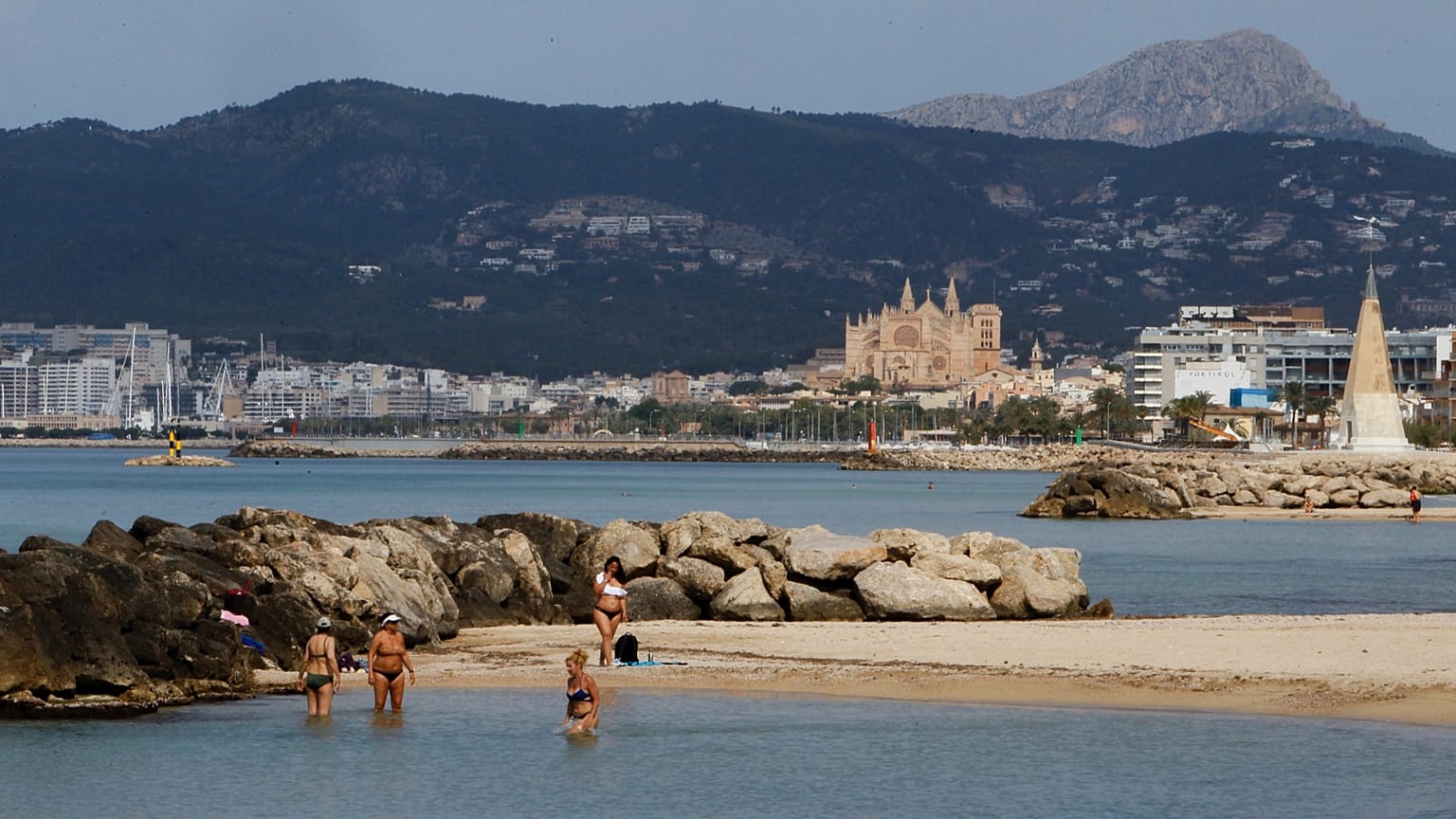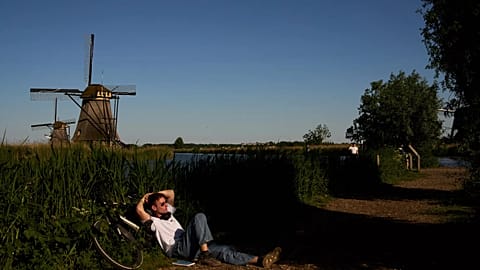Mallorca has been the epicentre of Spain’s overtourism row for years, but things may soon change in the capital city.
Following growing concerns around overtourism, Mallorca’s capital has unveiled a major clampdown on holiday rentals and alcohol-related activities.
 ADVERTISEMENT
ADVERTISEMENT
 ADVERTISEMENT
ADVERTISEMENT
For years, Palma has grappled with record-breaking visitor numbers and “illegal” accommodation, sparking tension amongst locals.
However, Major Jamie Martínez Llabrés recently announced a series of bans to help the destination achieve a more sustainable tourism model.
Palma bans new rentals
On Tuesday, 14 October, Llabrés implemented a ban on new tourist rentals “in all their forms” throughout the entire municipal area.
New hostels, or the conversion of existing ones, will also be prohibited. “If they are cancelled, they cannot be replaced with new licenses,” the mayor adds.
After describing the port of Palma as an “essential infrastructure” for the city, Palma has also decided to ban party boats.
These alcohol-fuelled attractions have long been popular with younger tourists, but have attracted noise complaints from residents.
Palma City Council has already prepared an amendment to the General Plan to implement the bans, which will take effect retroactively three months after its approval.
‘Higher-quality tourism’
Palma’s crackdown is part of its strategy being carried out by the Popular Party government team to promote “quality and sustainable” tourism, while fighting against the “illegal supply” of city accommodation.
Tourist seasonality in the hotspot has already decreased by 2.01 per cent in the last two years and by 4.57 per cent compared to 2018.
The council says this, combined with the fact that tourist spending has increased by around 15 per cent, shows a “change of trend towards higher-quality tourism”.
There has also been a notable reduction in the number of low-quality hotels ranging from one to three stars, while “higher-category” accommodations, have witnessed sustained growth.
“Our commitment to quality, coexistence, and sustainability is being reflected in the type of visitors and the tourism offering we want for Palma,” Llabrés adds.
Airbnb crackdown
Earlier this year Spain launched a major clampdown on Airbnb properties, ordering the removal of thousands of listings.
It comes after the Spanish Consumer Rights Ministry found more than 65,000 holiday rentals failed to comply with strict regulations, including missing licence numbers, owners not specifying whether they’re acting as an individual or corporation, and discrepancies between listed information and official records.
The crackdown comes against the backdrop of Spain’s housing crisis, which has sparked widespread protests over increasing rents and house prices.
Many locals have blamed sites like Airbnb for worsening housing shortages, particularly in cities like Madrid and Barcelona - while Airbnb argues the root cause of these problems is down to a “lack of supply to meet demand”.
Airbnb previously told Euronews Travel that it will appeal against all decisions linked to this case.
“No evidence of rule-breaking by hosts has been put forward, and the decision goes against EU and Spanish law, and a previous ruling by the Spanish Supreme Court,” a spokesperson said.

















